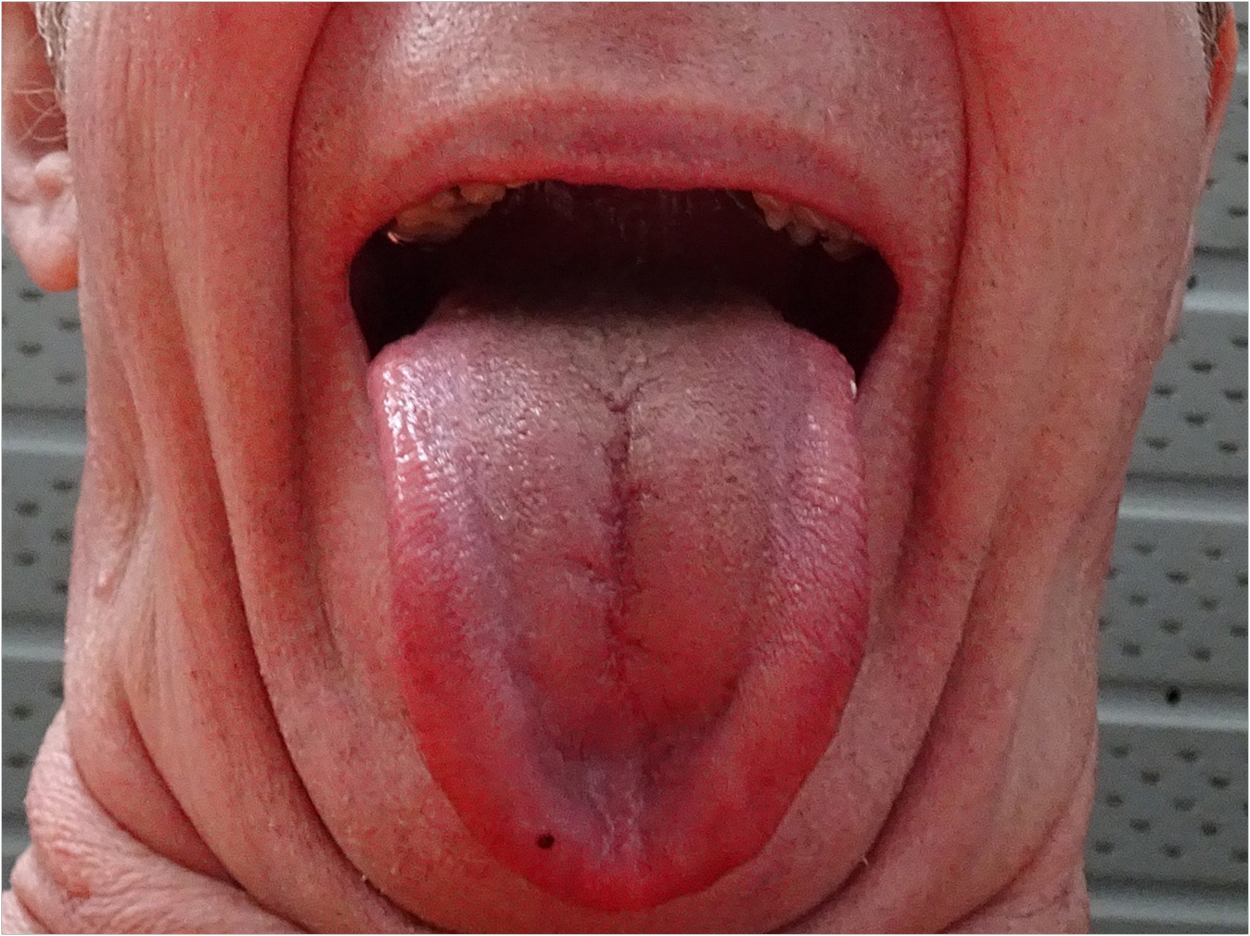
When obese patients with obstructive sleep apnea (OSA) lose weight, their apnea appears to improve primarily because they have lost tongue fat, according to a multi-institution team of researchers.
The researchers used magnetic resonance imaging (MRI) to measure the effect of weight loss on the pharyngeal structures surrounding the upper airway. According to the researchers, their work is the first study to show that weight loss reduces tongue fat in people with OSA.
Obesity is the primary risk factor for OSA. Previous studies have shown that decreases in body weight result in decreases in the Apnea/Hypopnea Index (AHI), a measure of how often a patient’s breathing stops completely or partially while sleeping.
Richard J. Schwab, MD, professor of medicine and chief of the Division of Sleep Medicine at the Perelman School of Medicine at the University of Pennsylvania, previously has shown that tongue fat was increased in obese patients with sleep apnea compared to obsess controls without sleep apnea.
Schwab conducted the current study “to determine if weight loss would decrease tongue fat and improve sleep apnea,” he said.
The study included 67 participants with mild to severe OSA who were obese. Through diet or weight loss surgery, the patients lost nearly 10% of their body weight on average over six months. Overall, their AHI scores improved by 30.7% as measured by polysomnography.
Reductions in tongue fat resulted in the greatest improvements in OSA. About 30% of the improvement was attributable to the changes in tongue fat, and the more weight a patient lost, the more tongue fat was reduced and the greater the improvement in OSA.
Weight loss also resulted in reduced pterygoid and pharyngeal lateral wall volumes. Both of these changes also improved OSA, but not to the same extent as reduced tongue fat. Weight loss was not associated with other upper airway changes.
The researchers believe their findings present a potential new therapeutic target for OSA: tongue fat. They suggest that future studies could be designed to explore whether certain low-fat diets are better than others in reducing tongue fat and whether cold therapies used to reduce stomach fat might be applied to reducing tongue size.
“Our study is the first to show that weight loss decreases tongue fat in patients with sleep apnea, which explains an important mechanism for the improvements in sleep apnea with reductions in weight,” said Schwab. “Our findings suggest a potential unique therapeutic target for patients with obesity and sleep apnea, ie, reductions in tongue fat.”
The study, “Effect of Weight Loss on Upper Airway Anatomy and the Apnea Hypopnea Index: The Importance of Tongue Fat,” was published by the American Journal of Respiratory and Critical Care Medicine.
Related Articles
MMA Surgery Improves Long-Term Quality of Life for Apnea Patients
Sleep Apnea Linked With Diabetic Macular Edema
Resistant Hypertension Worsens With Severe Obstructive Sleep Apnea












